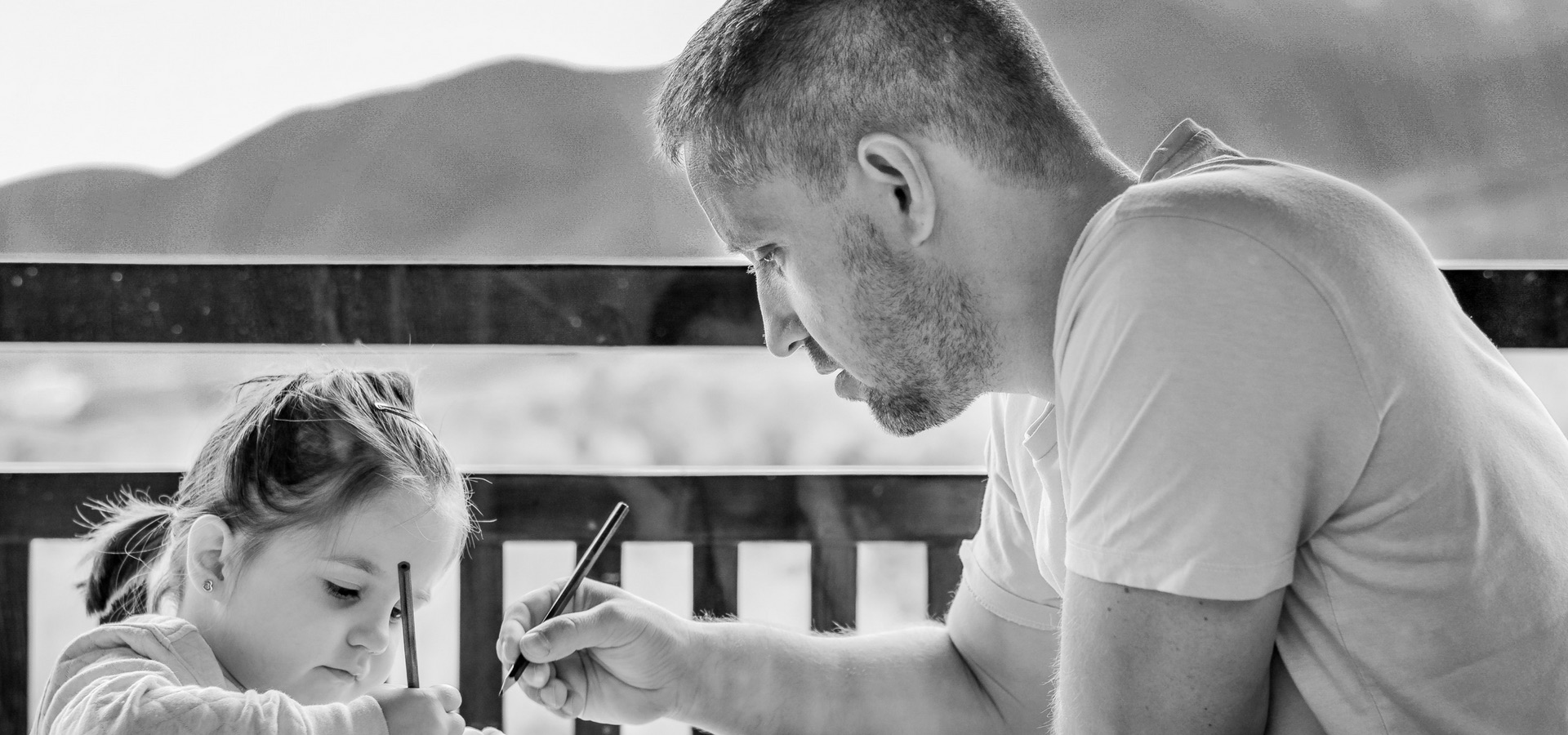
Raising Boys For My Girls
I’m the proud mother of two girls. It’s something I boast about – how easy going they are, how they amuse themselves for hours and can keep quiet when necessary and take care of their own basic hygiene. I know, you mothers of boys will throw it back at me when my girls hit the teenage years, but for now I’m gloating! The truth is, that having girls makes me more, not less, concerned with the raising of boys. I want my girls one day to find a man who has empathy and kindness and can work out relationship problems with maturity and is in touch with his emotions not bottling them up and then exploding. How little boys are raised has a lot to do with the kind of men they become. I’d like my girls to grow up into a society of great men. Here are, then, my tips on what you can do with your boys to help them become suitable suitors for my two beautiful daughters!! Make sure your boys have good male role models. Boys need to be exposed to men who are reliable, who treat women well, who are affectionate and playful and can handle and work through emotions and disagreements. This is particularly important if you are a single mom, and it does not need to be their dad. Uncles, grandfathers, godfathers, male friends… any older man who can show them, just by their way of being in the world, what it means to be a man. Be affectionate with your boys. All boys, regardless of their age, need hugs, kisses, cuddles and affection. You may need to pick your moments as they get older (not in front of their coolest friends perhaps), but everyone needs physical closeness. Boys who have a strong bond with their moms are less likely to be aggressive or defiant. A note on affection: Don’t only give hugs or kisses when they’ve done something right. Keep affection as something in it’s own right and not something you need to deserve. You are loved just because you are. Assist your boys in learning emotional intelligence. Girl’s grow up more emotionally intelligent because of the way they are treated, not because of some innate psychological difference. We tend to nurture girls when they’re hurt and ask them more regularly how they are feeling. For some reason parents are less likely to do this with boys and it stilts their emotional development and ability to discuss a range of emotions. We need to go beyond telling our little boys to “man up” if they get hurt. There is absolutely no evidence to show that boys who are cared for when hurt grow up any less masculine, strong or capable than those who are not. In fact, repressing emotions leads to all sorts of complications later on including aggression and depression. Help boys to find ways to express strong emotions without hurting themselves or others, help them to brainstorm solutions to problems, and reassure them that strong emotions do pass. Here again, it helps if they have a strong male role model with emotional intelligence. Help your boys to learn empathy. Avoid too much violent television or video games which can numb them to the feelings and effects of violence in the real world. Help them to get into the minds and feelings of others by playing games like “what if I were them?” If you’re watching a movie with your boys point out something that a character is going through and ask, “How do you think you would feel if you were in that situation?” Reading stories to them or encouraging them to read novels themselves can also build emotional intelligence and empathy as they become involved in the internal worlds of the characters in the stories. Help your boys to maintain a high level of self worth. Never label your boys – and that goes for good and bad labels. Everyone has two sides and all traits, and a good sense of self worth involves seeing both sides of yourself and loving yourself as a whole person. For that reason, limit the amount of praise you give too. Excessive praise can put unnecessary pressure on a boy to perform in order to feel loved. Self worth means being loved and lovable no matter what you do. Help your boys to figure out what they love and then to follow their dreams. There is nothing quite like pursuing someone else’s dreams to crush your self-esteem. Give your boys responsibilities and challenges. We all grow to our maximum when we have a combination of support and challenge. Help your boys to feel helpful and purposeful by trusting them to take on more challenges. And catch them doing things right. Boys are more often than girls caught doing naughty things or labeled as disruptive. Yes, they have loads of energy, they don’t keep quiet, they don’t sit still and they don’t always listen. This is a natural part of their development and they don’t need to be chastised for being who they are. Teach your boys to respect themselves and others. The easiest way to do this is to respect yourself. Don’t let your boys walk all over you or speak to you badly. Help them to see that you have needs and feelings too and that you will not allow others to degrade you. Have rules and follow through with consequences. If you are clear about the rules in your home and stick to them they will learn about other people’s boundaries and how to manage themselves out in the world. If the boundaries are constantly moving or unclear, they will learn to keep pushing. Help them learn how to make good choices. Again, following through with consequences is essential. If you’ve given them a choice and they’ve chosen one option, let them stick to that even if they don’t like the outcome. There are very important lessons in making mistakes.































